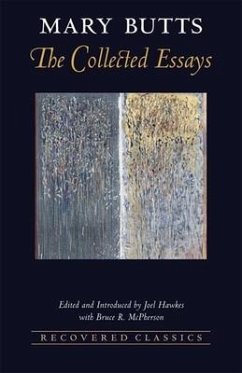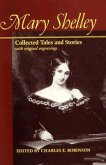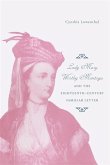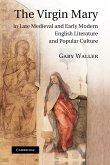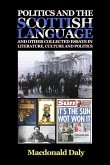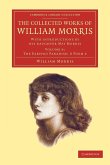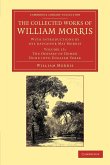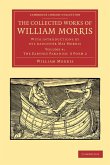"The eleven essays and 117 literary reviews gathered in this book were written largely between 1932 and 1937, the most productive period of Mary Butts's foreshortened literary career: she died at 47. After spending most of the 'twenties on the Continent, she repatriated to London before settling with a new husband permanently in Sennen, a Cornish village close to Land's End. Famously impractical about money, she must have welcomed the editor Hugh Ross Williamson's invitation to review for The Bookman as a means to supplement her small allowance and book royalties. Considering her charming and personal reviews, such work would seem also to have given her pleasure; it is a far sight from hackwork. Within a short time she was engaged to write reviews and essays for other prominent journals and newspapers - The Sunday Times, The Daily Telegraph, The Spectator, The Manchester Guardian, The London Mercury, Time and Tide, Week-End Review, John O'London Weekly, The Adelphi, Everyman, and even Crime -which she accomplished while somehow maintaining a steady production of stories, novels, and a memoir of her childhood, and all this despite marital strife, financial pressures, and worsening health. For the shorter pieces, as a reviewer for hire, it's doubtful she had much choice of books, but her keenest interests and areas of expertise, as well as friendships with contemporary authors, were probably known to her editors, who commissioned accordingly. The range, variety, and depth of subjects is little short of remarkable, from classical literature to popular fiction (historicals, mysteries, the uncanny), from history (French and English) to Eastern religion to the American Depression to gardening, and on and on. Moreover, "reviews" is a misnomer for most of Butts's shorter pieces, since her approach is conversational and opinionated, and sprinkled with interesting asides. Following her death a eulogistic note in Time and Tide read: "[though] her natural abundance sometimes made her a misleading guide to other people's intentions, the depth of her knowledge and the essential truth of her vision gave a special value to her judgements even when she appeared to be going off at an unlikely tangent. She touched nothing that she did not in some way enrich.""--

